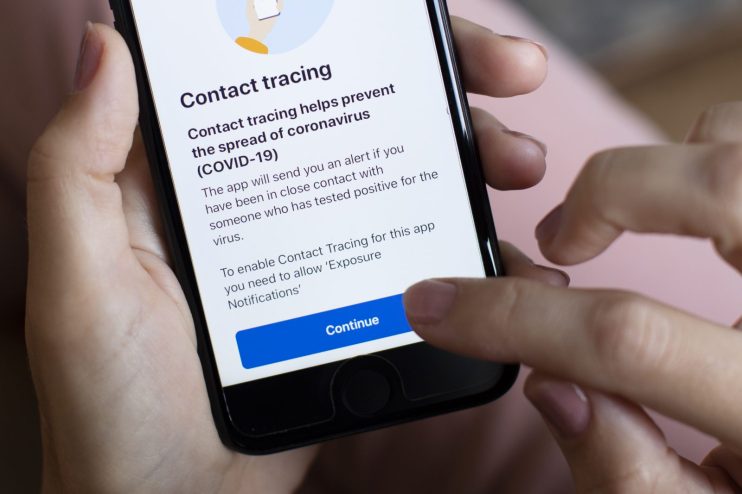Cronyism and incompetence: The government is undermining trust in the private sector

It should surprise no one that a Conservative government turns to the private sector for the efficient delivery of services.
Private enterprise is agile, responsive, innovative and provides good value for money (or at least, it can do), and public money should always be spent in the most effective way possible.
This is the ideology behind privatisation, from utilities to infrastructure, and contracting-out, such as healthcare and probation services.
In this time of crisis, therefore, with a pandemic raging, it makes sense for the government to look to private sector partners to monitor and contain the spread of the disease, and develop a vaccine against it.
Thus Baroness Harding, a former chief executive originally trained at McKinsey & Co, was appointed executive chair of NHS Test and Trace, and Kate Bingham, a seasoned venture capitalist, was named head of the government’s Vaccine Taskforce.
It is rare that officials from government agencies become household names, but you are likely familiar with both of the above. Dido Harding and Kate Bingham have both, in their own way, become bywords for incompetence and cronyism.
The principle behind their appointments is sound. Whitehall is bad at managing major capital projects and is often prone to delays and cost overruns. In the case of tackling Covid-19, losing time can mean losing lives, as well as the obvious economic and social cost. So short-circuiting the traditional processes with an injection of urgency and can-do spirit from the private sector makes sense. (For how badly public sector projects can be managed, one only has to look at the Ministry of Defence’s record on procurement.)
The practice, it is true, has not been a great advertisement for the theology of contracting-out. Test and Trace has attracted much criticism for the slowness of its deployment and the inadequacy of its reach. But things are changing: in a short time, we have seen QR codes proliferate, and the NHS app now scans these effectively and collates the required data.
What is far more worrying, however, for supporters of the market’s involvement in policy delivery is the appalling reputational damage which the government has wrought by its carelessness and high-handedness in making these appointments and in overseeing the work they do at the taxpayer’s expense.
Senior figures are being hired and employed on generous salaries with no clear application process, accountability or transparency, and no attention paid to the optics of their CVs: both Harding and Bingham are married to Conservative MPs (Bingham to a Treasury minister who was at school with the Prime Minister), and the former’s track record as boss of TalkTalk was patchy at best.
Nor are these emergency appointments helping themselves. Bingham is alleged to have disclosed sensitive information at a private conference and used her marriage to Jesse Norman to leverage her own career, not to mention spending £670,000 on her own public relations consultants to implement a media strategy — a decision which did not even cross a ministerial desk before being signed off.
The tasks of these super-salaried comms gurus are believed to have included preparing Bingham for media appearances, drafting statements and producing a vaccine-related podcast. These are all tasks familiar to any PR professional, which both makes one wonder about the cost-effectiveness of their fees and begs the question of why the Government Communications Service needs to buy in expensive surge capacity (BEIS, where the taskforce is based, has 100 comms staff on its books). So far, no explanation has been forthcoming.
These missteps are chipping away at the very idea of employing the private sector, and undermining public trust — which was, let’s face it, already pretty low. Downing Street’s reckless attitude gives plentiful ammunition to critics who believe that the state should do everything, and it reinforces the image of an administration which is high-handed, arrogant and disinclined to subject itself to scrutiny.
So far, the involvement of the private sector in fighting Covid-19 has been little short of a reputational catastrophe. Perhaps the narrative will improve with reports emerging of an effective vaccine from a private pharmaceutical corporation sweeping in to save the day. But with Bingham and Harding, substantial damage has already been done.
The government has to get this right, and not just for this crisis, but for next time. And there will be a next time. It would be a disaster if it were politically impossible to turn to private enterprise for help.
Main image credit: Getty
